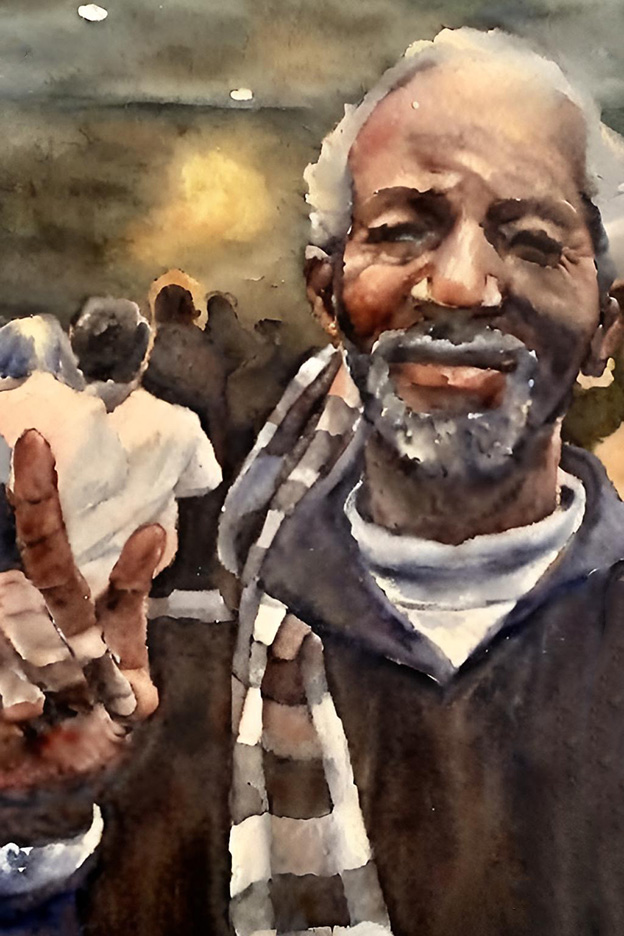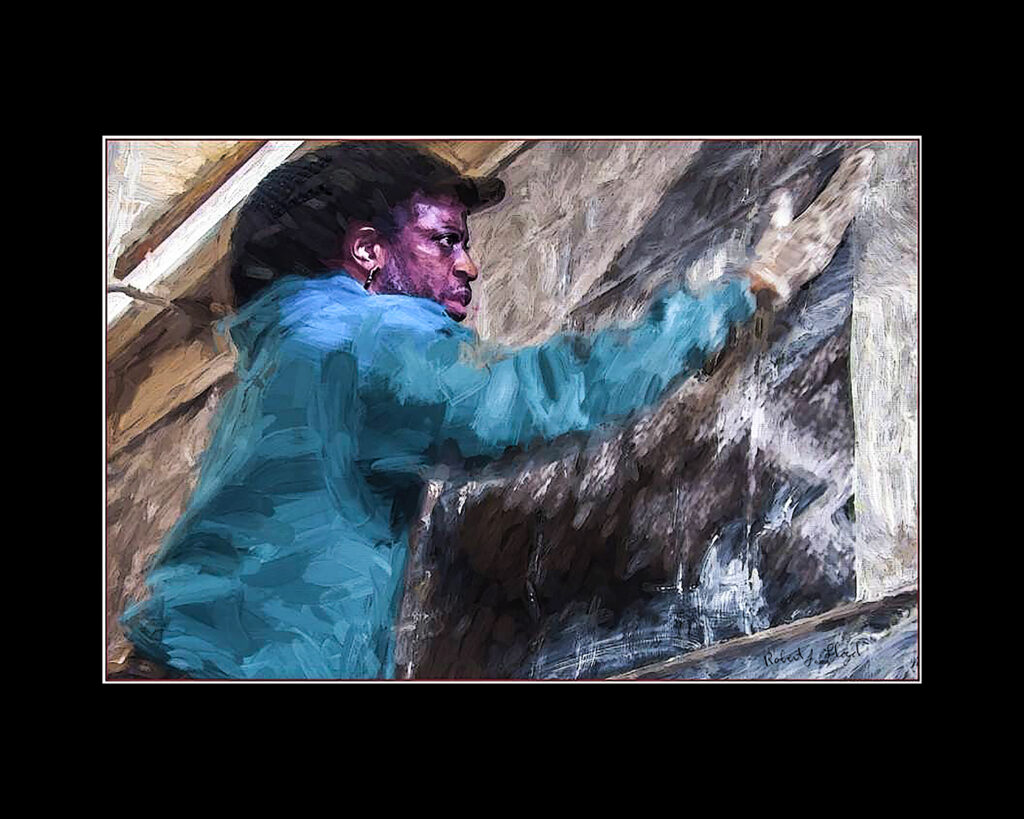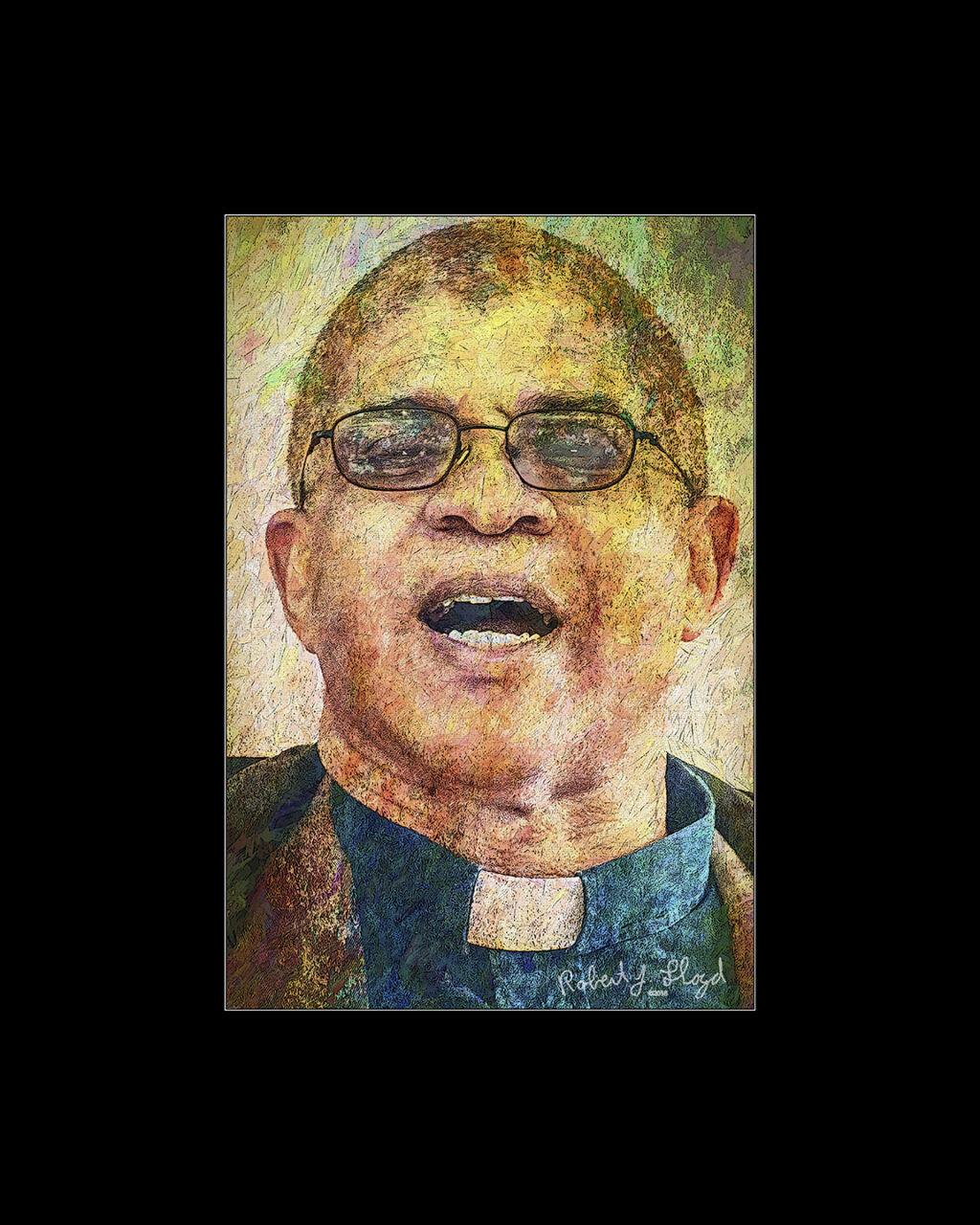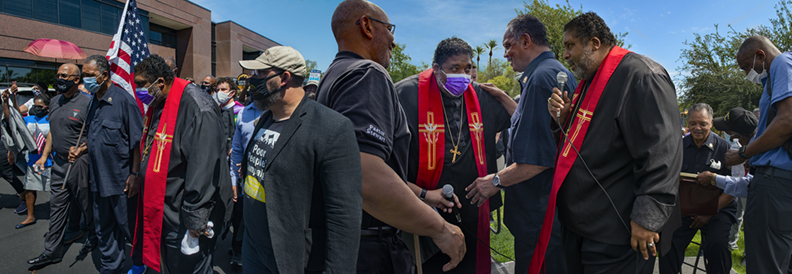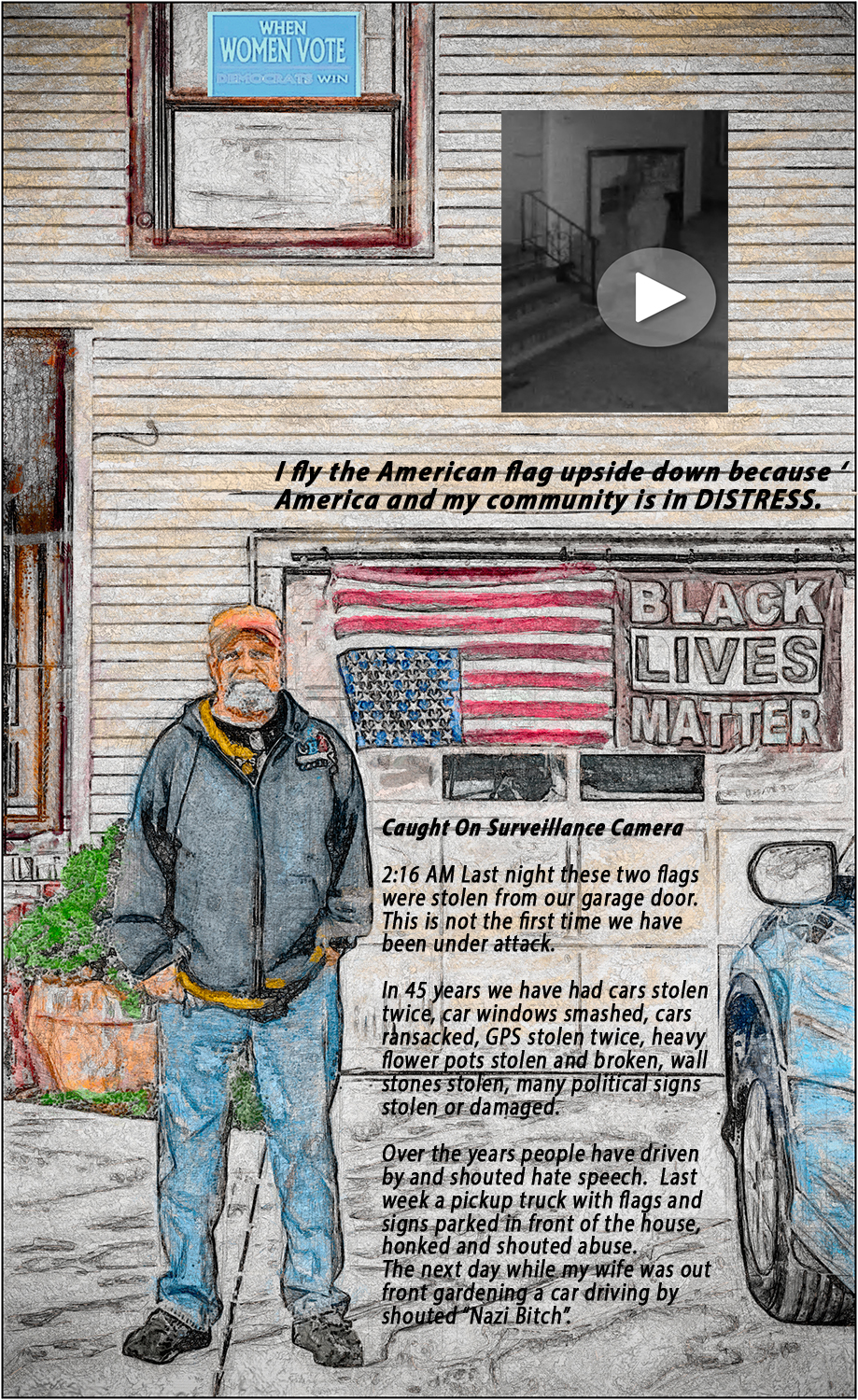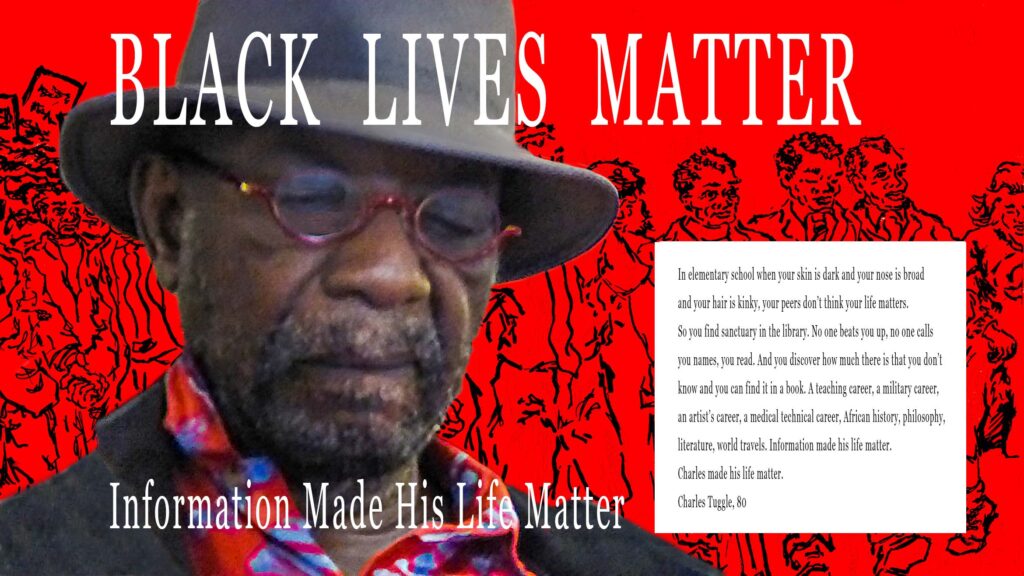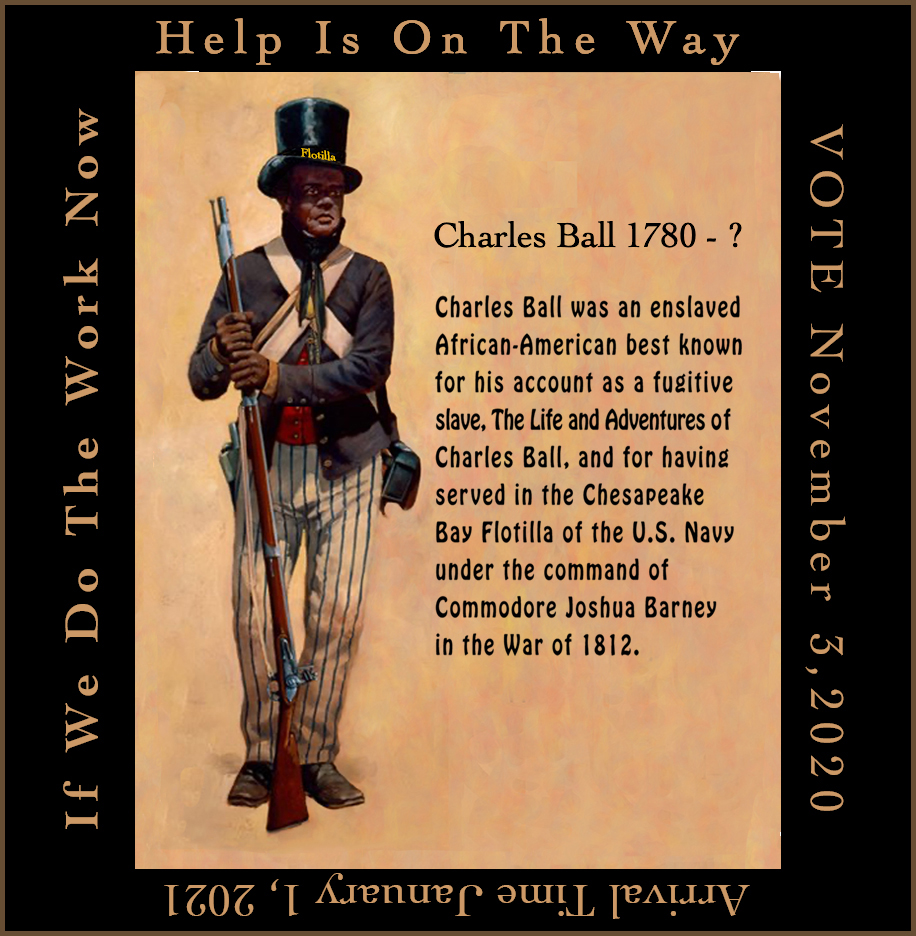American history over the past 100 years has been a complex tapestry of progress, challenges, and social change, with significantly different experiences for African-Americans and whites. To understand this history and the diverse experiences within it, we need to examine key periods and events that have shaped the nation.
The Great Depression and World War II Era (1925-1945)

The Great Depression, beginning in 1929, was a period of severe economic hardship that affected all Americans, but disproportionately impacted African-Americans
Unemployment was widespread, with many people struggling to find work and provide for their families. For African-Americans, this period was particularly challenging due to entrenched segregation and discrimination. The Jim Crow laws in the South enforced a “separate but equal” status that was far from equal, affecting every aspect of life from education to employment
African-Americans faced severe limitations on their voting rights through mechanisms like literacy tests and poll taxes, despite the 15th Amendment’s guarantee of voting rights
World War II brought significant changes. The war effort required the mobilization of all Americans, and African-Americans served in large numbers both in the military and in war-related industries. However, they still faced discrimination and segregation in the armed forces and employment
The Double V Campaign, calling for victory against fascism abroad and racial injustice at home, highlighted the contradictions in America’s democratic ideals and its treatment of African-Americans
Post-War Era and Civil Rights Movement (1945-1970)
The post-war period saw an economic boom that benefited many Americans, particularly whites. The GI Bill provided returning veterans with benefits such as low-cost mortgages and educational opportunities, although these benefits were often less accessible to African-American veterans due to ongoing discrimination
For African-Americans, this era was marked by the intensification of the Civil Rights Movement. Key events included:
The passage of the Civil Rights Act of 1964 and the Voting Rights Act of 1965
These events and legislative changes aimed to end racial segregation and discrimination, marking significant progress in the struggle for equality. However, the assassination of Martin Luther King Jr. in 1968 was a stark reminder of the ongoing challenges and resistance to change
Late 20th Century (1970-1990)
This period saw continued efforts towards desegregation and the implementation of policies aimed at improving the socio-economic status of African-Americans, such as affirmative action. However, economic disparities persisted, with African-Americans facing higher unemployment rates and lower income levels compared to their white counterparts
The Vietnam War and the Cold War significantly impacted American society during this time. The anti-war movement, often intertwined with civil rights activism, highlighted the connections between foreign policy and domestic racial injustices
Recent History (1990-2025)
The past three decades have seen both progress and ongoing challenges for African-Americans:
Increased political representation, culminating in the election of Barack Obama as the first Black President in 2008
Persistent economic disparities, with African-American poverty rates remaining high
Continued issues of racial profiling and police brutality, leading to the emergence of the Black Lives Matter movement in 2013
The Black Lives Matter movement has been instrumental in raising awareness about systemic racism and has led to policy changes in areas such as policing.
Conclusion
If you had lived in America for the last 100 years, your experiences would have varied dramatically based on your race. For African-Americans, it would have been a journey from legalized segregation and widespread discrimination to significant legal and social progress, albeit with ongoing challenges. For white Americans, while also affected by major events like the Great Depression and various wars, the experience would generally have been one of greater privilege and opportunity, particularly in the earlier decades.
The story of America over the past century is one of struggle, progress, and ongoing efforts to live up to the nation’s ideals of equality and justice for all. While significant strides have been made, particularly in legal rights and representation, the persistence of economic disparities and systemic racism demonstrates that there is still work to be done to achieve true equality.

















